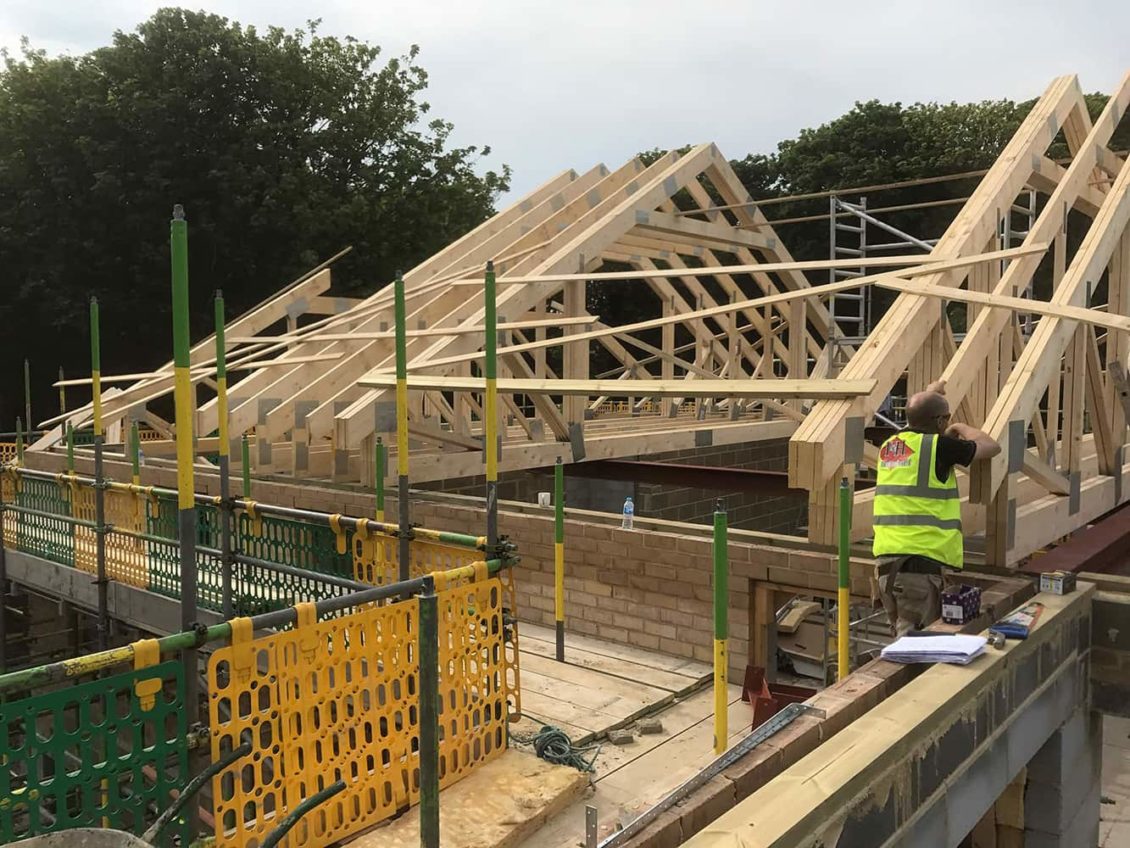There’s a big push for more new homes to be constructed in the UK and there’s a growing focus on environmental concerns. One thing that developers, architects and construction firms could do is look at how to make their schemes more sustainable.
A recent article for Planning & Building Control Today highlighted some of the top ways to transform a standard house build into an ecohome.
One of the top things to look at is water, and how you can reduce water use in a home through some simple design choices. Fitting appliances and fixtures that conserve water is the obvious place to start.
The news provider suggested using the likes of low flow tap aerators and tankless water heaters to help people use less water in their day to day lives. Another top tip is to explore rainwater harvesting.
Collecting rainwater is ideal to provide people with water for their gardens, or to fill water features if they have these in their outdoor spaces.
When it comes to energy, we should be looking at ways of reducing energy consumption while making sure that the power we do use comes from renewable sources. Installing solar panels on the roofs of new homes therefore seems like a sensible idea.
If you take this into consideration during the build phase, you can design the property, or multiple properties, to make best use of the sun. Thinking ahead will mean you get the most out of solar panels.
Even if you’re not installing solar panels, you can still make the roof a greener part of the home. Choosing green materials for the roof will typically bring cost savings for homeowners as they provide excellent insulation and typically require little maintenance.
You can even use green roofing products to catch and filter rainwater, thereby preventing it from going into the storm drainage system.
Sustainability should be at the top of your mind when you’re choosing any products or materials for your home. If you’re using timber in the construction, make sure it comes from sustainable sources.
Invest in quality so that things last, rather than needing to be replaced after just a few years of use.
Last month, the Hull Daily Mail reported that the city had become the first in the country to draw up binding rules about flooding. Hull City Council and Yorkshire Water have collaborated to set up the Living With Water partnership.
They have jointly agreed a flood-risk planning policy too, which is designed to offer advice to developers about sustainable drainage options for any new construction projects.
The initiative comes after Hull was hit by devastating surface water flooding in 2007, which saw more than 8,000 properties in the city flood.
Under the legally-binding guidelines, developers of brownfield sites will be required to reduce the surface water runoff by at least 50 per cent, while new greenfield sites will have to ensure that there is no overall increase in surface water entering the drainage network.
If you’re looking for a partner for a construction project for new builds in Hull, get in touch with us today.

